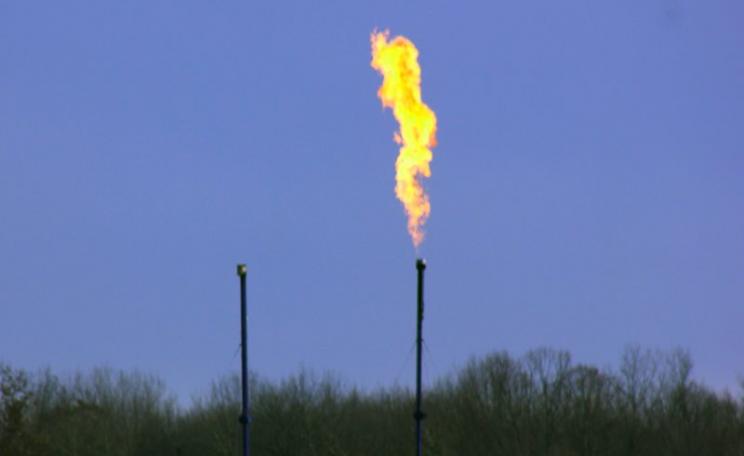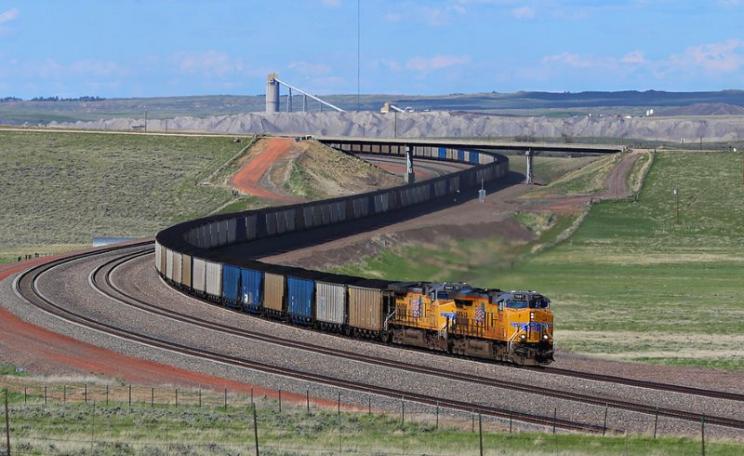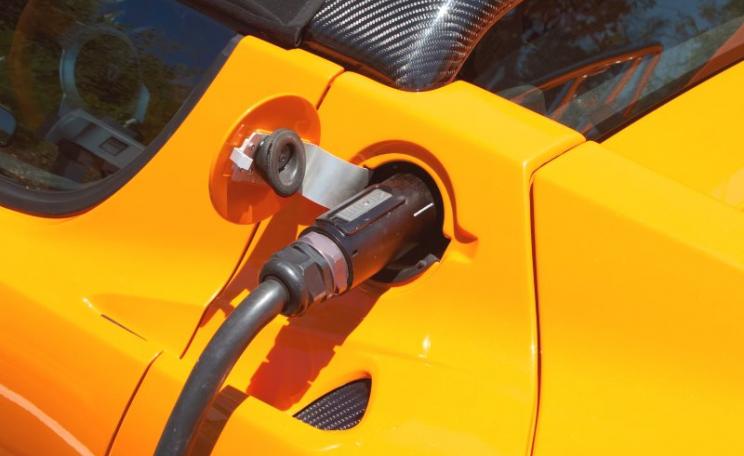This massive gas pipeline is ridiculous when the EU is committed to reducing carbon emissions by 40% compared to 1990 levels by 2030, and has vowed to support renewable power technology and energy efficiency initiatives.
Civil society campaigners have accused the European Union of pouring unprecedented amounts of state aid into a huge energy project that runs counter to its own climate change objectives.
Critics say funding the construction of new gas pipelines from the Caspian region is also causing misery to communities living along the 3,500 kilometre route, while helping to prop up an autocratic regime in Azerbaijan.
The concerns about the Southern Gas Corridor project come amid expectations that the European Investment Bank (EIB), which is owned by European Union member states, is about to provide the scheme with up €3 billion - its biggest ever lump sum.
"The Southern Gas Corridor clashes with the [climate] science", says Anna Roggenbuck, EIB policy officer at Bankwatch, a network of environmental groups in central and eastern Europe that monitors public lending institutions.
"Once built, this infrastructure will stay till 2050 and simply increase the cost of supply to the European Union, and will perpetuate the use of gas, [while] colliding with EU energy and climate change targets."
The Southern Gas Corridor is the name given to a range of fixed links - including the Trans-Adriatic Pipeline (TAP) - needed to transport gas to Europe from the giant Shah Deniz gas field, in the part of the Caspian Sea owned by Azerbaijan, to the Adriatic coast of Italy.
The BP global energy company, which is a shareholder in the gas production, has claimed that the Corridor is the global oil and gas industry's most "ambitious undertaking yet" and is "set to change the energy map of an entire region".
EU's collision course on climate change and human rights
The European Commission was not immediately available for comment, but explained some of its thinking when the TAP part of the agreement was signed off last March. "The Energy Union framework strategy of February 2015 identified this project as a key contribution to the EU's energy security, bringing new routes and sources of gas to Europe", said Maroš Šefčovič, vice-president responsible for Energy Union at the EC.
There was no reference from Šefčovič at that time to EU strategies for climate change or renewable power, but he did justify the need to breach competition rules against state funding, on the grounds that the project would not be built otherwise.
The EIB, which is owned by the EU member states, the European Bank for Reconstruction and Development (EBRD), part-owned by the EU, and the World Bank are all talking about providing loans.
This massive gas pipeline is ridiculous when the EU is committed to reducing carbon emissions by 40% compared to 1990 levels by 2030, and has vowed to support renewable power technology and energy efficiency initiatives.
Bankwatch claims this is ridiculous when the EU is committed to reducing carbon emissions by 40% compared to 1990 levels by 2030, and has vowed to support renewable power technology and energy efficiency initiatives. Neither does the EU's future energy 'roadmap' strategy assume new gas imports into the region, Roggenbuck adds.
"The Southern Gas Corridor blocks renewable energy and energy efficiency by spending scarce public resources - it makes gas more available and more competitive", she argues.
Bankwatch and similar groups, such as Counter Balance and Re:Common, claim that there are also major human rights issues with the linked pipeline projects - TAP, the Trans-Anatolian Pipeline (TANAP), and the South Caucasus Pipeline (SCP).
Lack of consultation
Construction of TAP has had a significant impact on about 80 villages and communities in Albania, with local people complaining about lack of consultation and insufficient compensation.
Similarly, residents in Greece and Italy are also protesting, with four high court legal challenges in Athens alone. But perhaps the greatest concern surrounds the role of Azerbaijan, where there has been long-standing criticism of the human rights record of the president, Ilham Aliyev.
Without properly-functioning democratic institutions, rule of law and effective checks and balances for the president's powers, investments in Azerbaijan's oil and gas sector will further cripple democracy in the country, argue Bankwatch and others.
They point out that dozens of human rights activists have been imprisoned there, and yet the founding mandate of the EBRD states that it must work only in countries that are committed to the democratic process.
The EBRD was unavailable for immediate comment.
Terry Macalister, an award-winning journalist and author of a book on the Arctic, is former energy editor of the Guardian newspaper. He now writes for Climate News Network.
This article was originally published by Climate News Network (CC BY-ND).







